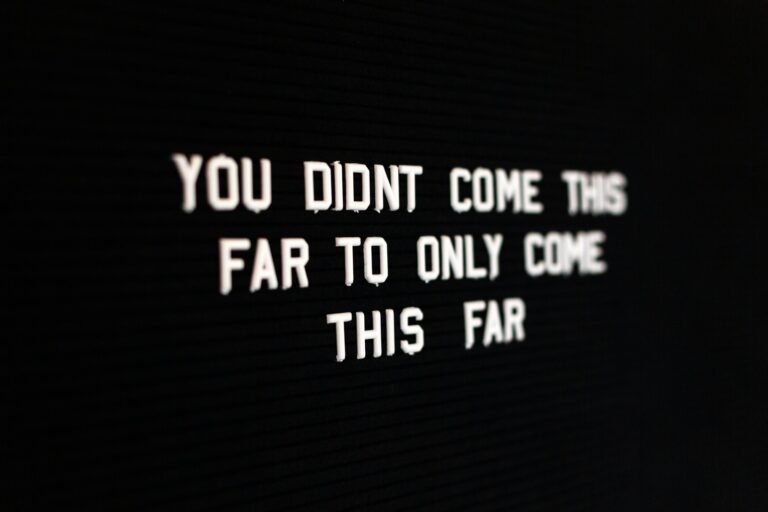22 Guidelines for Eating an Ecological Food-style in 2022

This Moment in Time
At this moment in time we are all thinking to ourselves, how can I eat in a way that does not damage the planet? Herein lies the ecological food-style or eco-conscious eating, which is a set of guidelines for how to write your food story to care for our bodies as well as the planet.

The List of 22 Guidelines
- Choose consciously. Rather than let history repeat itself through unconscious habit, make a choice about the outcome you are looking for and decide accordingly. Usually, this requires us to be willing to step outside of our comfort zone but if you are reading this, my guess is, you are willing to try new things and have an open mind.
- Eat seasonally, in other words, eat cyclically. Nature has seasons and allowing our diet to shift throughout the year, allows us to eat in a more natural and harmonious way. This prevents overeating of any one type of food and prevents excessive or insufficient intake of nutrients. This leads us to the next point.
- Diversify. Eat a wide array of colors, textures, and types of food. This applies to all food groups; grains, vegetables, fruit, meat, and fats. Each food group offers varying degrees of nutritional benefits. Plus, if we all only focus on eating lean meat like chicken then we are inadvertently supporting mono rearing and species diversity takes a hit.
- Eat slow food, not fast food. If you must eat fast food eat the variety that was slow to grow! I’m pretty sure that bananas, broccoli, and berries are the original slow/fast foods! Just pick and eat! Seriously, though try having one slow food that had to grow at every meal or making a smoothie, they are so quick and easy to make and clean up. For our guide to making a superb smoothie click this link.
- Waste-not-want-not! Your food scraps are a feast for worms and in turn, they aerate the soil that keeps our lousy souls alive (yes I said that). So, compost! If you are wondering where to compost then search your local area for compost companies, use sharewaste.com as a resource, check out products like Green Cone or try getting a small worm bin and explore keeping worms! If you struggle to keep fruit and vegetables from rotting, then buy less or look into better storage methods.
- Limit ultra-processed food. The only reason we eat these foods is for entertainment and pleasure. And this comes with a cost, it is a major consumer of electricity and water, and oil. See food as medicine and make peace with the temptation. Ask yourself, what can I do to limit the amount of ultra-processed food I eat and then make 1 change, it may seem insignificant but it is not. Any movement in the right direction is progress and counts for something.
- Listen to your body. Avoid latching onto diet dogma. For years I was a vegetarian and suffered chronic fatigue and it wasn’t until I started eating meat that I was able to stop taking supplements to manage the fatigue. Figuring out how to eat for your body will help you eat an adequate amount, not buy and waste food, and in the end, be the most sustainable approach.
- It is okay to eat meat, poultry, dairy, and eggs. Opt for products that say organic, regenerative ranching, grass-fed, free-range, and local.
- Alternative protein options are not as nutritious as whole food protein sources. So aim for high protein grains, legumes, tofu, and other whole food-based protein sources. For an example of what I mean check out sunshine burger: sunshineburger.com
- Avoid genetically modified foods – opt for organic.
- Avoid foods with pesticides – opt for organic.
- Avoid farm-raised fish – opt for wild-caught or go catch it yourself!
- Reduce reliance on plastics by reducing the number of items that you purchase in plastic. Not only will you benefit your health and reduce exposure to BPA, phthalates, etc. but you will also help to reduce the amount produced and help save the oceans.
- Reduce overall. Reduce the amount of food eaten, reduce the number of products you use, everything you do has an impact, so aim to reduce your impact. Not eliminate it, you matter and your health matters.
- Replace plastic food storage containers that you currently have with glass, ceramic or stainless steel. Also, you can repurpose tons of glass food containers and find a clutch at thrift stores.
- Reuse anything you can. I reuse my old tea tins for dry shelf-stable snacks that I can bring when I am out running errands. A good go-to combination is cashews, coconut flakes, and chocolate chips!
- Refill containers you already have with bulk items when available.
- Do your best to buy responsibly. Let’s be clear, cashews, coconuts, and chocolate all have stories of how they were farmed and transported to our local grocery store. It is nearly impossible to always buy local, plastic-free, organic, fair trade and know that no animals and humans were harmed in the production and transport of the food.
- Recycle what can be recycled. When in doubt throw it out, otherwise, your well-intentioned recycling can cause the whole batch to get thrown in the trash anyway. In my city, the terra-pack containers are not able to be recycled.
- Use re-usable shopping bags-become a bag-lady!
- Limit sugar. I know it is sweet on you but sugar cane farming has been devastating the land just like monolithic feedlot farming.
- Be curious. Seek out local farmers’ markets and talk to them, find out how to purchase from them when they are not at the market during the winter months.

How to Make Health Happen for you and the Planet
This is not an exhaustive list of all the things a person could do but it does guide us in the right direction and give us a place to start. When making any changes to our food style it takes time and effort, so pick 1 topic at a time.
Whether you are learning more about the potential composting options available to you or focusing on reducing food waste, it all matters, everything you do matters. Not everyone can do everything, but if everyone does something it will all eventually get done – and we will see a shift in the health of the planet.





